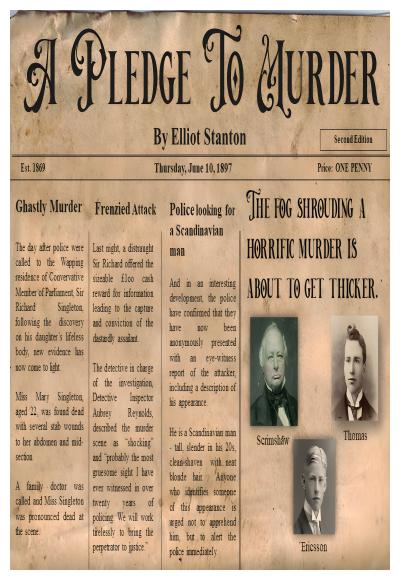Synopsis/Details
Sitting alone outside a courtroom, readying himself to give evidence for the prosecution, a worried young man, Josh, waits to be called. An on-looking barrister, Henry Templeton-Jones, in full dress and wig, notices Josh’s discomfort and sits down next to him, intending to relieve his discomfort.
Initially, the lad seems reticent to engage with the older man as he appears aloof and comes from a different and privileged background. However, eventually, Josh tells Henry why he is there. He explains that he is due to give eye-witness evidence regarding a robbery at the plumber’s merchants where he works and that the robbers are known to him as they used to be friends of his, growing up together on the same housing estate, and this is presenting him with a conundrum. Henry sympathises and then candidly explains that sometimes his job is a little more underhanded and deceitful than he’d like to admit. This admission shocks Josh and provokes a re-evaluation of the evidence he is due to give.
Initially reticent to ‘grass’ on the robbers, Josh realises that the robbers are similar to him, and Henry’s admission gives him reason to believe that the class system is still in full force, reinforcing the ‘us and them’ demographic. Because of the barrister’s revelation, Josh feels he can freely admit to the barrister that him doing the right thing in court, including swearing that he doesn’t recognise the robbers after all. He, too, can grease the cogs of justice.
Story & Logistics
Story Type:
Rite of Passage
Story Situation:
Self-sacrifice for an ideal
Story Conclusion:
Surprise Twist
Linear Structure:
Linear
Moral Affections:
Accusation, Acquittal, Impenitence, Virtue
Locations:
Single
Characters
Stock Character Types:
Bad boy, Fall guy, Villain
Advanced
Subgenre:
British Humor
Time Period:
Contemporary times
Country:
United Kingdom (UK)







